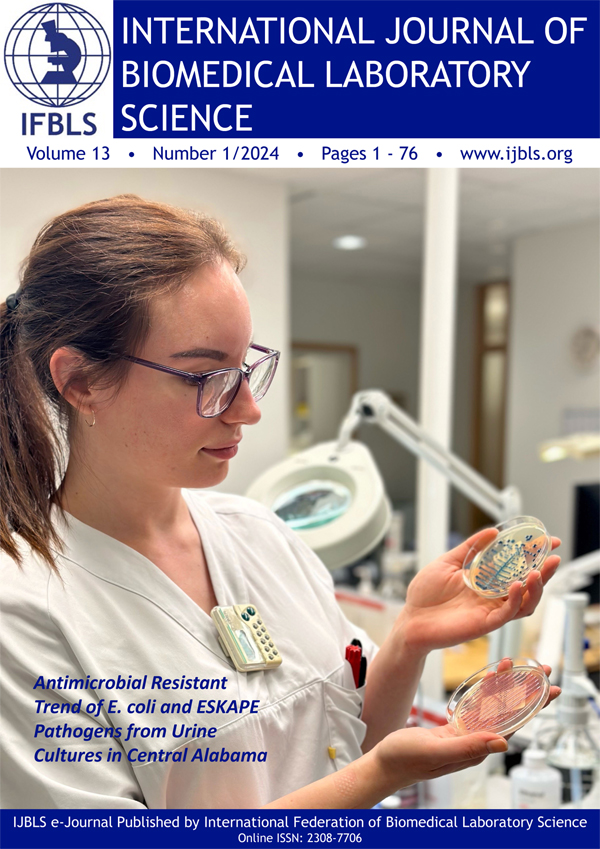Research: Optimizing Adherence: Social Support and Inclusion in HIV Counseling for High Viral Load Patients in Abuja, Nigeria
Salami Aisha Oluwakemi, Sanni Olaniyi Felix, Abiodun Paul Olaiya, Salami Habeeb
Abstract
Background: Social support is generally defined as "the perception or experience that one is loved and cared for by others, esteemed and valued, and part of a social network of mutual assistance and obligation. This study examines the level of social support among high viral load HIV seropositive patients in EAC.
Methods: This study is a cross-sectional descriptive study that determine the level of social support among high viral load HIV seropositive patients enrolled in EAC in 063 Nigerian Airforce Hospital, Garki 1 Abuja, Nigeria. Data for this study was collected through a face-to-face interview by administering a structured questionnaire to both HIV clients enrolled in EAC and those that were not to compare the impact of social supports on ART adherence among the HIV clients.
Results: Based on this study's findings majority of respondents, 78.7%, 83.5, 74.7%, and 90.5%, disclosed their HIV status to family, were on three years on ART, and have been on EAC and have TB, respectively. However, the majority did not achieve viral load suppression. Also, almost all clients (87.2%) enrolled for EAC due to poor adherence. Based on the three-factor analysis of social support in this study, both items 3 and 10 contributed 60.6% each to the total variance of the SS. Item 2 contributed 67.2% of the total variance of esteem, and item 6 contributed 67.8% of the total self-esteem variance. The overall scale has a high correlation with the sub-scales "Esteem" and "Self-development" (r= 0.877 and 0.910 respectively) and a medium correlation with the sub-scale "Belonging" (r= 0.579). Furthermore, the overall scale for internal consistency for the three factors was 0.862, while the sub-scale "Belonging was 0.334, the sub-scale "Esteem" was 0.741, and the sub-scale "Self-development" was 0.834. Most respondents with the highest social support were male (94.2%), likewise, those who disclosed their HIV status to their family (92.3%). The level of perceived belonging (3.80 ± 0.87), esteem (3.75 ± 0.82), and self-development (3.58 ± 0.75) of PLWHIV included in EAC was significantly lower than those who were not (P<0.05).
Conclusion: Efforts should be made to increase social support and ART adherence through EAC among PLWHA.
Keywords: antiretroviral therapy, viral load, social support, enhanced adherence counselling
Int. J. Bio. Lab. Sci 2024(13)1:50-63 【PDF】


